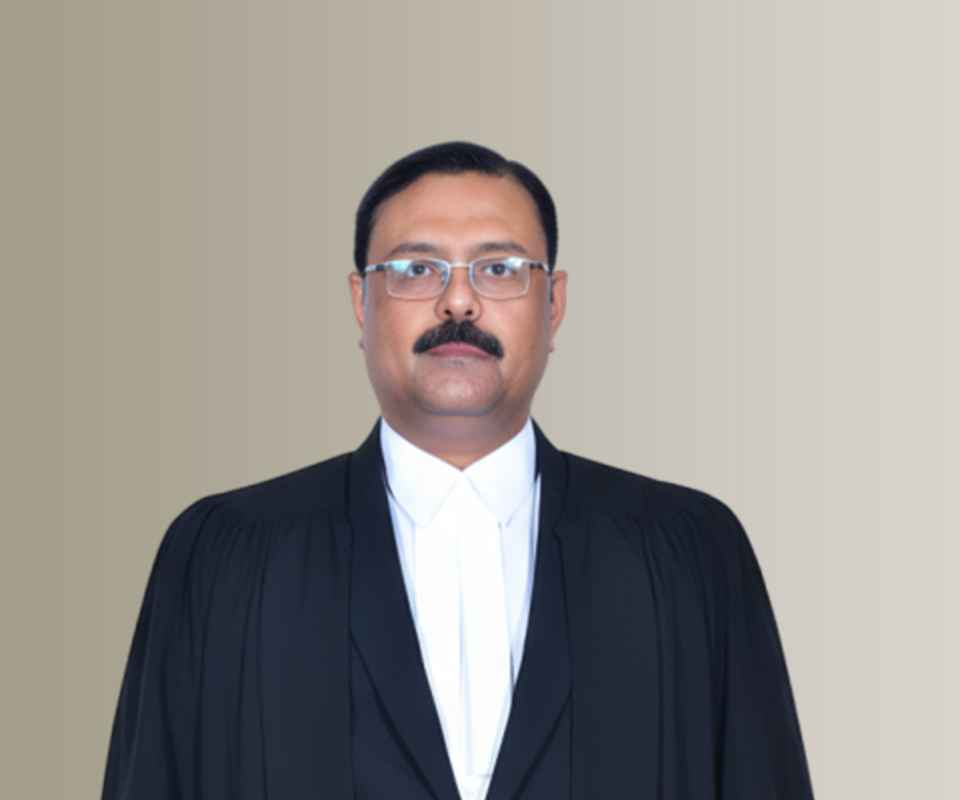Answer By law4u team
Section 125 of the Criminal Procedure Code (CrPC) is a vital legal provision in India that ensures a wife, children, and even parents can seek maintenance if they are unable to support themselves. While Section 125 CrPC is commonly used for maintenance during the marriage, it also applies in divorce cases. It allows a wife to claim maintenance after divorce if she is unable to maintain herself financially. This section ensures that the wife, especially if she is financially dependent, does not face destitution after divorce.
Provisions of Section 125 CrPC in Divorce Cases
Purpose of Section 125 CrPC
- Section 125 CrPC is primarily designed to prevent vagrancy and destitution by ensuring that individuals who cannot support themselves (especially wives, children, and parents) are provided for by their earning relatives. It applies in situations where there is a divorce, separation, or even when the parties are living together but the wife is not being supported.
Right to Maintenance
- Under Section 125 CrPC, a wife who is unable to maintain herself can claim maintenance from her husband, whether the marriage is intact or divorced. The wife may be entitled to maintenance if she can prove:
- She is unable to support herself due to financial incapacity.
- The husband has sufficient means to provide for her but neglects or refuses to do so.
- This provision ensures that even after divorce, a wife may still be entitled to financial support, particularly if she is unable to sustain herself.
Eligibility Criteria for Maintenance Under Section 125 CrPC After Divorce
Wife’s Financial Dependency
- The wife must prove that she is financially dependent on the husband. If the wife has a source of income or assets that can support her, she may not be entitled to maintenance under Section 125.
- If the wife is unemployed, disabled, or unable to work due to any other valid reason, she is more likely to be granted maintenance.
Husband’s Financial Ability to Pay
- The husband must have the financial ability to pay maintenance. If the husband is unemployed or has no income, the court may reduce the maintenance amount or reject the claim if the husband is unable to support the wife.
- The court considers the husband’s earnings, assets, and overall financial situation before deciding on the amount of maintenance.
Inability to Maintain Herself
- If the wife has no means to support herself after the divorce, she is eligible for maintenance. The court will ensure she is not left in a situation where she cannot meet basic needs like food, clothing, shelter, and healthcare.
Children’s Welfare
- If there are children involved, maintenance may also include child support for their education, healthcare, and general upbringing. The husband will be required to support both the wife and children, especially if the wife has custody of the children.
Types of Maintenance Available Under Section 125 CrPC
Interim Maintenance (During Proceedings)
- Interim maintenance is temporary support provided during the pendency of the divorce proceedings. If the wife is financially dependent during the ongoing divorce process, she can claim interim maintenance.
- The wife does not have to wait for the final verdict to get financial support. Interim maintenance can be granted on the basis of the husband’s income and financial situation.
Example:
- If a wife has filed for a contested divorce and is financially struggling, the court may order the husband to pay an interim maintenance amount while the case is ongoing, until the final decree is passed.
Final Maintenance (Post Divorce)
- Once the divorce is granted, the wife may claim final maintenance under Section 125, based on the husband’s ability to pay. The final maintenance is often more permanent unless the wife remarries or can financially sustain herself.
- This may be in the form of a monthly payment, or the court may also grant a lump sum amount, depending on the circumstances.
Factors Considered by the Court in Awarding Maintenance Under Section 125 CrPC
Wife’s Standard of Living
- The court takes into account the wife’s standard of living during the marriage. The goal is to ensure that the wife can maintain a comparable lifestyle post-divorce, if possible.
- If the wife was used to a high standard of living during the marriage, the court may award higher maintenance to maintain her living conditions.
Husband’s Income and Assets
- The court evaluates the financial status of the husband. If the husband has a high income or considerable assets, he may be ordered to pay a higher amount of maintenance.
- In cases where the husband’s income is not substantial, the maintenance amount will be adjusted accordingly.
Duration of Marriage
- If the marriage lasted for a long period, the wife may be entitled to larger maintenance, especially if she is unable to support herself and has been financially dependent during the marriage.
Wife’s Financial and Employment Capacity
- If the wife is employed or has other means of income, the court may reduce the maintenance amount. However, if she is unable to work due to illness, age, or any other reason, the husband’s financial contribution will be considered higher.
Example
Example 1: Interim Maintenance During Divorce Proceedings
- Kavita has filed for divorce from her husband Ravi due to cruelty. Kavita is unemployed and has two children.
- Court’s Order: The court orders Ravi to pay ₹15,000 per month as interim maintenance until the divorce is finalized.
Example 2: Final Maintenance After Divorce
- Priya and Amit get divorced after 8 years of marriage. Priya is not financially independent, and Amit has a monthly income of ₹1,50,000.
- Court’s Order: The court awards ₹20,000 per month as permanent maintenance to Priya based on her financial dependence and Amit’s ability to pay. Additionally, Amit is ordered to pay ₹10,000 per month for the child’s education and welfare.
Conclusion
- Section 125 of the CrPC is a powerful legal tool for wives seeking maintenance after divorce. It ensures that wives who are unable to support themselves financially, especially after the breakdown of marriage, receive necessary financial support from their husbands.
- The court considers multiple factors like the wife’s financial situation, the husband’s ability to pay, and the standard of living during the marriage before awarding maintenance.







